My novelette, An Illicit Mercy, is part of a new promotion in March and April, Page Turner Freebies.
Check out nearly 65 books available for free.
My latest novelette, “In the Country of Free Men,” appears in Boundary Shock Quarterly 25: Gulliver’s Other Travels:
In this thrilling tale, Granuaile Moore, the great-granddaughter of Lemuel Gulliver, travels to the mysterious Moon. There, she gets caught up in an adventure beyond her wildest dreams.
When her scout flyer is attacked and destroyed, Moore finds herself at the mercy of the cruel ruler known as the Drummer. Imprisoned in his decaying palace, she befriends Tichollo, a young servant boy, and hatches a desperate plan to escape back to Earth.
Pursued by the Drummer’s soldiers, the two race across a bizarre lunar landscape in a bid for freedom. They must reunite with the island-ship Lemuel II, if it's still there!
Moore’s quest to explore new worlds has led her into grave danger. But with courage and cleverness, she might live to sail the skies once more.
Science Fiction Space Opera
Get your FREE copy of Star Rider Emerges by Heidi Skarie
Will a young woman survive when her village is destroyed by an alien space fleet?
Toemeka lives with her family in an idyllic mountain village on a distant planet. The village is aware of the war that rages on their planet but the elders believe it won’t touch them. They are about to be proved wrong.
The tale is the exciting backstory to Star Rider on the Razor’s Edge that reveals the events that led up to Toemeka joining the Coalition of Free Nation and becoming an undercover operative.
“It was summer, and the world was as bright as a lightning flash. Blue sky. Red dirt. Everything was set alight. Vern tried to cherish it, to turn toward the sun the way bluebells did, but Vern still lusted after the dark of the woods, where she was born, where her true self had been made.”1
― Rivers Solomon, Sorrowland
If Ray Bradbury had been born black, non-binary, and intersex, he might have written something as beautiful as Sorrowland by Rivers Solomon.
Winner of the 2021 Otherwise Award for works of speculative fiction which explore and expand gender, Sorrowland examines race, sexual identity, and what it means to live as a minority in a country built in large measure by and for an oblivious, uncaring, or malicious majority.
Solomon tells the story of Vern, an albino black woman who escapes the black separatist Christian compound where she has been raised and abused. Pregnant, she slips away into the surrounding woods where she gives birth and undergoes a physical and psychological transformation.
Sorrowland is the best book I read last year. While no book is perfect, I left this novel deeply moved and transformed myself.
Solomon’s writing is both lush, as in the opening citation, and hard hitting. She has no patience for the ways in which American society marginalizes and exploits those who, like her, look and love in ways different from the ruling cast. As she says in her Author’s Note:
“This story takes place on stolen land. While Sorrowland is set in a United States with a speculative and amorphous shape, the geography and settings explored are based on areas traditionally stewarded by the Tonkawa, Caddo Nation, and Lipan Apache in what are colonially known as Central and East Texas, as well as on lands historically, inhabited by various Plains nations with shifting territories, including the Apsáalooke/Crow, Oceti Sakowin/Sioux, and Arapaho, in what settlers have designated Wyoming and Montana. No story of the so-called United States is complete without an understanding of its foundation on genocide and dislocation, nor without acknowledgment of the Indigenous people still here fighting the ongoing occupation.”2
There is little doubt as to why Solomon's protagonist sacrifices so much in search of a freedom she has never known.
In passages like the following, the author revels in describing motivations and relationships in ways that challenge readers, even as her words draw us in:
“What turned babies, fragile and curious, into Shermans? Into Ollies? Into men who could not interact with a new thing without wanting to dominate it?
What order of events did Vern need to disrupt in the lives of the millions upon millions who woke up every morning proud to be Americans? What made someone love lies?
She saw that cursed flag on the hunter's T-shirt and wondered if he knew about the glut of traumas that define this nation's founding. Had he fallen so in love with the myth of belonging that he thought the corpses of his imaginary foes were worthwhile sacrifices toward barbecues, megachurches, bandannas, and hot dogs?
The primary freedoms this nation protected were the ones to own and annihilate.”3
Solomon has a gift for describing her characters in ways that make them seem real, physical, and unique. For example:
“The two of them were close enough that Vern could examine her properly, lick up the little details of her. She savored these intricacies in people, always had: the way the clock face of her brother Carmichael’s watch never faced up, the band too big on his thin wrist despite being set to the tightest notch. Lucy’s dark sideburns, the little beads of hair like black pearls. Mam’s gospel humming, ever so quiet, so as not to be heard until you were right up close. Even a few feet away, Vern would always have to strain to catch the notes, the words.
Gogo smelled mostly of shampoo, something generic and clean. Rainfall or Spring Zest or Mountain Air. She wore fingerless gloves on her hands, shiny black. There was a paperback book in her back pocket, which made her sit slightly hunched to the left.”4
If Sorrowland has a weakness, it’s that the writer paints too thin an illusion with regard to Vern’s transformation. I don’t want to spoil the experience of reading about it for the first time. So I’ll only say Solomon calls on a science fictional device worthy of H.G. Wells or Mary Shelly. It works, but here for the first time we see the stage machinery. A stronger effort to explain the science (real and imaginary) behind what happens to Vern, especially at the end, could have made the readers suspension of disbelief complete. Solomon doesn’t quite get there. This in no way makes her book bad, but it does highlight how it could have been even better.
Solomon’s novel is ideal for readers who love atmospheric fiction masterfully written, and books which unapologetically explore real-world issues in a fantastic context.
I am eager to see where this author goes next.
Questions or comments? Please share your thoughts!
Rivers Solomon, Sorrowland, Farrar, Straus and Giroux, 2021, p. 353
Rivers Solomon, Sorrowland, Farrar, Straus and Giroux, 2021, Author’s Note
Rivers Solomon, Sorrowland, Farrar, Straus and Giroux, 2021, p. 278
Rivers Solomon, Sorrowland, Farrar, Straus and Giroux, 2021, p. 257-8



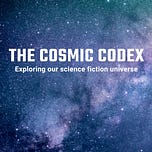



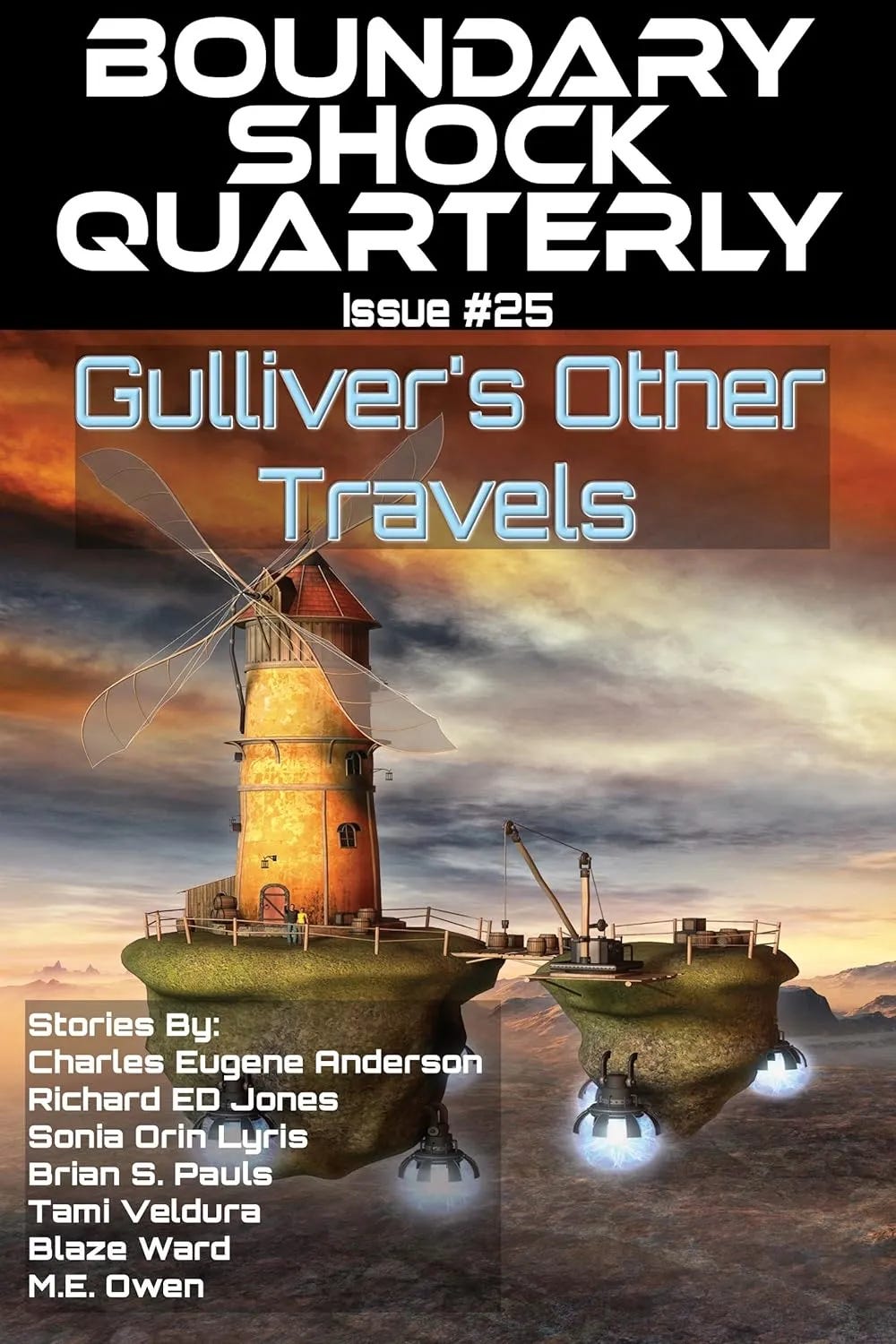


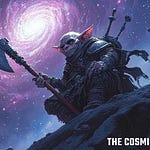




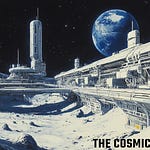

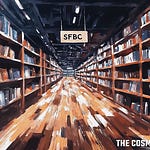
Share this post